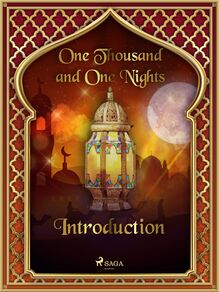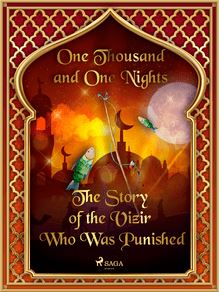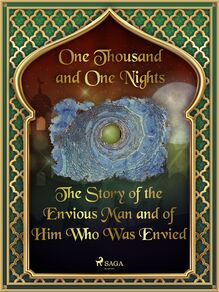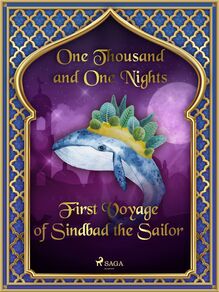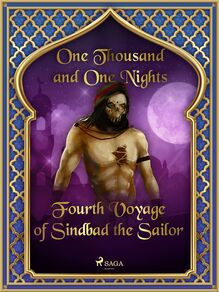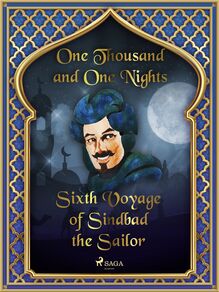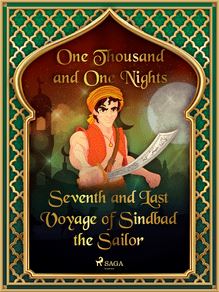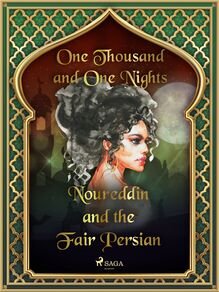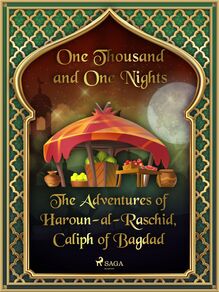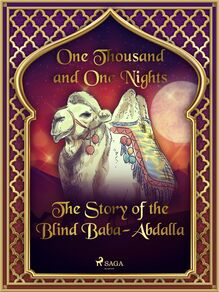The Story of Sindbad the Sailor , livre ebook
6
pages
English
Ebooks
2021
Écrit par
One Thousand and One Nights
traduit par
Andrew Lang
Publié par
Saga Egmont International
Vous pourrez modifier la taille du texte de cet ouvrage
Obtenez un accès à la bibliothèque pour le consulter en ligne En savoir plus
Découvre YouScribe et accède à tout notre catalogue !
Découvre YouScribe et accède à tout notre catalogue !
6
pages
English
Ebooks
2021
Vous pourrez modifier la taille du texte de cet ouvrage
Obtenez un accès à la bibliothèque pour le consulter en ligne En savoir plus
Publié par
Date de parution
02 décembre 2021
EAN13
9788726593402
Langue
English
A treasure-trove of timeless stories, the One Thousand and One Nights or Arabian Nights have been loved, imitated, and added to over many centuries. Similar to the fairy tales collected by the Brothers Grimm, the Arabian Nights are drawn from the folklore of India, Iran and the Middle East, and were collected in Arabic versions throughout the medieval period; others were added as recently as the eighteenth century. These stories of the exotic East have been popularised for new generations by film adaptations such as Disney’s Aladdin, starring Robin Williams and Gilbert Gottfried in 1992, and Will Smith in 2019, and Dreamworks’ Sinbad, starring Brad Pitt and Michelle Pfeiffer. They continue to inspire writers as varied as Salman Rushdie and Neil Gaiman, while numerous Bollywood and manga versions attest to their popularity around the world. These stories of magic, adventure and romance have shaped readers’ imaginations for generations, and are sure to be retold for years to come.
This selection was translated by Andrew Lang from the French versions by Antoine Galland, who was the first to include the stories of Aladdin and Ali Baba. Born in Scotland in 1844, Lang was a scholar of ancient Greek, a journalist, historian, novelist and poet, and the author of 25 popular collections of fairy tales; his edition of the Arabian Nights’ Entertainment was published in 1898. He became a Fellow of the British Academy in 1906, and died in 1912.
Publié par
Date de parution
02 décembre 2021
EAN13
9788726593402
Langue
English
